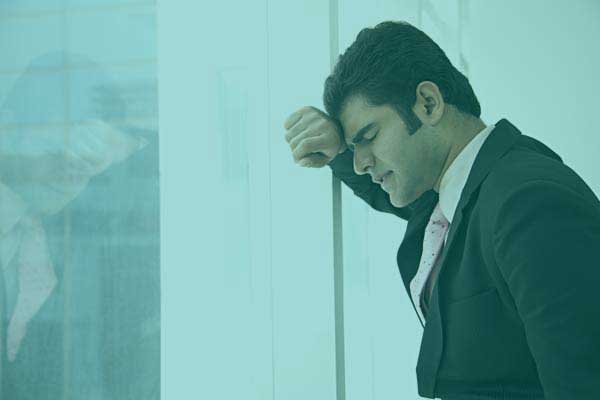In the recent discussion with 1mg team, Dr Parameshwara C M discuess about piles symptoms, risk factors, treatment methods. He specifically points out how 90% of the piles cases can be treated with just diet and medicines.
Risk Factors Piles
The actual cause of hemorrhoids remains unknown. The chances of suffering from piles increase with age. However, even children and the elderly have also been diagnosed with this condition. There are certain common factors that increase your risk of suffering from piles.
These are:
- ● Constipation
- ● Sedentary lifestyle
- ● Inadequate fiber intake through diet
- ● Postponing bowel movements frequently
- ● Lifting heavy weights regularly
- ● Straining to expel stools most often
- ● Chronic diarrhea
- ● Smoking and alcohol
- ● Use of over the counter medication (NSAIDS)
- ● Familial history of hemorrhoids
- ● Have high BMI (body mass index) or obesity
- ● Being stressed
Symptoms of Piles
Usually, the signs and symptoms of piles are not serious and subside on its own after a few days. The patient might feel:
- ● Bowels are still full
- ● The area around the anus is itchy, red or sore
- ● Pain when he/she pass stool
- ● A hard and possibly painful lump that contains coagulated blood around the anus
- ● The appearance of blood in stools
Piles are usually self-diagnosable. Based on the symptoms, doctor will either do a physical examination or a rectal examination (which may include colonoscopy) to diagnose the condition.
Symptoms
- ● Feeling that your stomach is always full.
- ● Pain during bowel movements
- ● Bleeding in stools
- ● Blood clots or tumors appear around the anus.
- ● Anal pain, lipoprotein, tumors, red lines,
- ● Lumps on the underwear.
Piles Treatment Options
Only 10% of piles cases may require surgery, rest 90% are treatable by diet and medicine.
Know the right diet and the foods to avoid to get rid of piles at home.
Foods to avoids to reduce the risk of piles
Easy ways to prevent hemorrhoids
The symptoms of piles can also be managed using medications which include over the counter painkillers, ointments, creams, and pads all of which can help soothe redness and swelling around the anus. It’s important to remember that over the counter medications can help manage the symptoms of piles but do not treat it. Hence, consult piles doctor to get the right treatment to treat the condition. Also, some doctors may prescribe laxatives for piles caused by constipation. Laxatives help you to pass stool more easily and reduce pressure on their lower colon.
There are certain advanced treatment options for piles such as-
- ● LASER surgery: It shrinks or removes the piles.
- ● DG-RAR (Doppler-guided recto-anal repair) surgery: The procedure reduces the blood flow to the haemorrhoidal cushions which leads eventually to the fibrosis and shrinking of hemorrhoid.
- ● Stapled haemorrhoidectomy: In this procedure, the doctor uses a stapler-like device to repose hemorrhoid and cut off their blood supply. In the absence of the blood supply, the hemorrhoids eventually shrivel and die.
- ● Radio frequency ablation: It uses high-frequency radio wave energy to incise, excise, or coagulate tissues.
- ● IRC or infrared coagulation therapy: In this, infrared energy is used to scar the hemorrhoid tissue resulting in the reduction of its mass.
- ● Talk to our best piles treatment doctors to know the right treatment option based on your condition.

